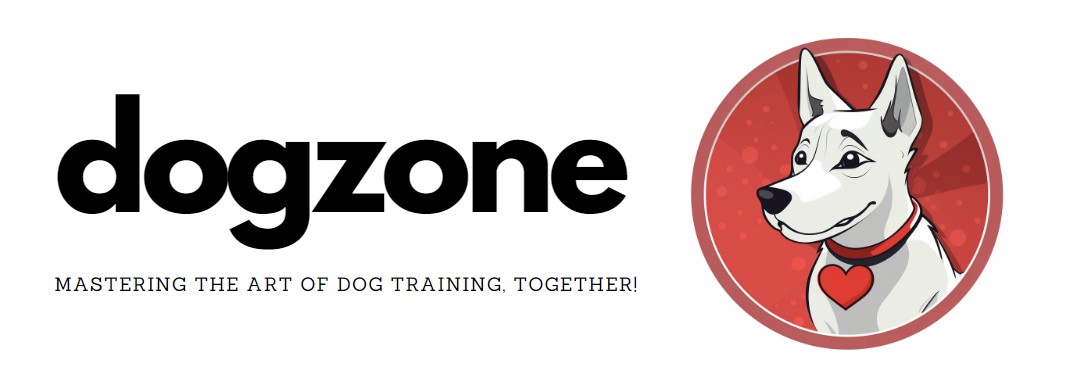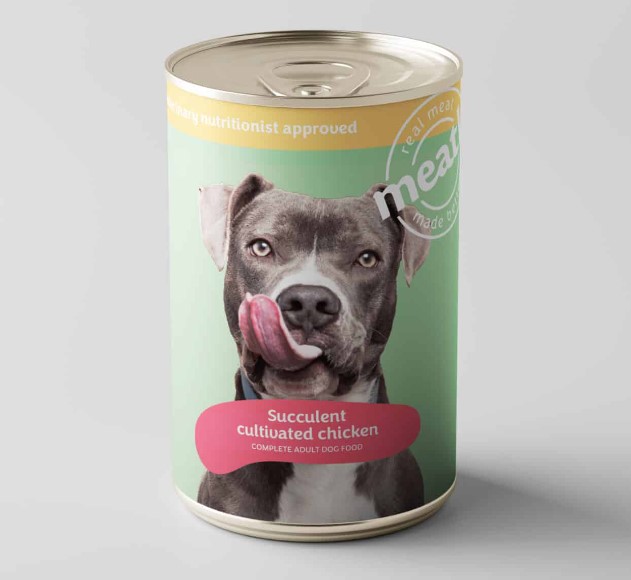The first time a bitch comes on heat will often be what we call a “silent season”. This can be as early as 6 months, but for some female dogs may not happen until 18 months.
You may be surprised, but most owners of female puppies remain blissfully unaware of the first season. You’ll be forgiven if you missed your girl advertising herself to every male dog in the park, simply because they change their behaviour almost weekly and it’s very easy to miss.
But do you want to know an interesting fact about how often your dog will be on heat? Read on…
How do you tell if your dog is in her first season?
If you own a female puppy it is important to be aware of any changes in behavior and check for any signs of discomfort.
If you have concerns, speak to your vet for advice and monitoring.
Heat cycles can vary between breeds, so it is important to ask your veterinarian what is typical for your breed, but keep in mind it can vary between 6 to 18 months.
Spaying (or neutering) can reduce the occurrence of heat cycles in female dogs, but it is not recommended any dog, male or female, to be spayed during the growth phase.
I recently monitored a litter of 10 Border Collies. One male was spayed at 6 months and by the age of 1 year had grown approximately 3 inches taller than the 4 other males in the litter.
Spaying is performed under anesthetic and will alter the hormones of your dog. Hormones are vital for optimum growth, and to offer an opinion it is better to rely on your puppy to grow naturally during this critical stage in their life.
It also has to be said any operation under anesthetic comes with an element of risk.
How long will a bitch be on heat?
Each season (or heat) will last between 16 and 18 days.
If you’re considering breeding it is recommended the bitch is at least 1 year old, and to effectively ensure success it is recommended your vet or professional undertakes a progesterone test.
Speaking from experience, progesterone testing will give you an almost exact day to conceive. This also affects the health and number of puppies in the litter. It is likely a bitch who conceives on an optimum day in the cycle to have larger, healthier litters.
How often will a bitch be on heat?
Dogs typically go on heat once or twice a year, but an interesting (and little known fact) is a bitch’s first season will dictate the period between seasons.
For example, if your bitch has her first season at 8 months, it is likely her heat cycle will be every 8 months.
My Border Collie had her first season at 9 months, and has been as regular as clockwork since. She’s now 7.
If you can provide your own experience with heat cycles, then please do so in the comments.
What should you do when your bitch is on heat (or in season)?
During the period your dog is on heat, she will attract male dogs from a significant distance.
It is not unheard of for an unneutered male dog multiple streets away to escape his enclosure (or a 6ft fence) in pursuit of a female dog on heat.
If your female dog is left unattended or unwatched in a local dog park while on heat, it can take moments for a male dog to mount her and “seal the deal”, which is what breeders refer to as a “tie”.
Once tied it may take several minutes for the dogs to unattach. You should never attempt to force this. As soon as a tie happens your bitch will be pregnant. There is no “maybe” with dogs, which is why you must take precautions with a female dog if she hasn’t been spayed.
When tied, you may find it to be an awkward situation as the male or female attempt to dismount, often looking confused or sometimes frustrated. Your best course of action is attempt to keep them calm.
How often should you breed a dog?
Firstly, unless you’re a registered and ethical breeder, you should not attempt to breed your dog.
Without experience, note that your dog may die if anything goes wrong during birth. It is also possible for puppies in the litter to die if you do not have the knowledge to save them, or you do not have the correct equipment.
If you do not have this knowledge, or the equipment I speak of, then you should not breed your dog. It’s that simple.
The question of how often you should breed a dog is a complicated one. Your dog must be of good physical health and suitable age, fully tested, with a known history.
Any veterinary professional will advise a bitch to be at least 2 years old, and no older than 6 years old, although we should not ignore the ethical question of should your breed your dog?
You should also have the ability and know-how to successfully home all puppies in the litter. You are responsible for their wellbeing, and you will bond somewhat with all puppies before they are collected by strangers.
I have spoken to breeders of certain breeds, and it’s more common than you may think for suspicious persons to enquire, sometimes with an intention to steal a litter. After all, with some breeds selling upwards of $2,000 a litter can be worth a great deal of money.
Historically, and I speak based on trends, it was considered a bitch can be bred successfully skipping seasons. For example, if she has a successful litter and remains healthy, then the next season should be skipped prior to any subsequent breeding.
Recent research has suggested breeding back-to-back may actually be better for the dog, but I note scientific research may not always be accurate for all dogs.
I recommend thoroughly researching your breed, and also being fully aware of her health and condition.
As a canine nutritionist, with knowledge of how many of our dogs are fed a poor diet, I also strongly urge anyone choosing to breed their dog, breeder or not, to thoroughly research their bitch’s diet long before attempting to breed.




Leave a Reply